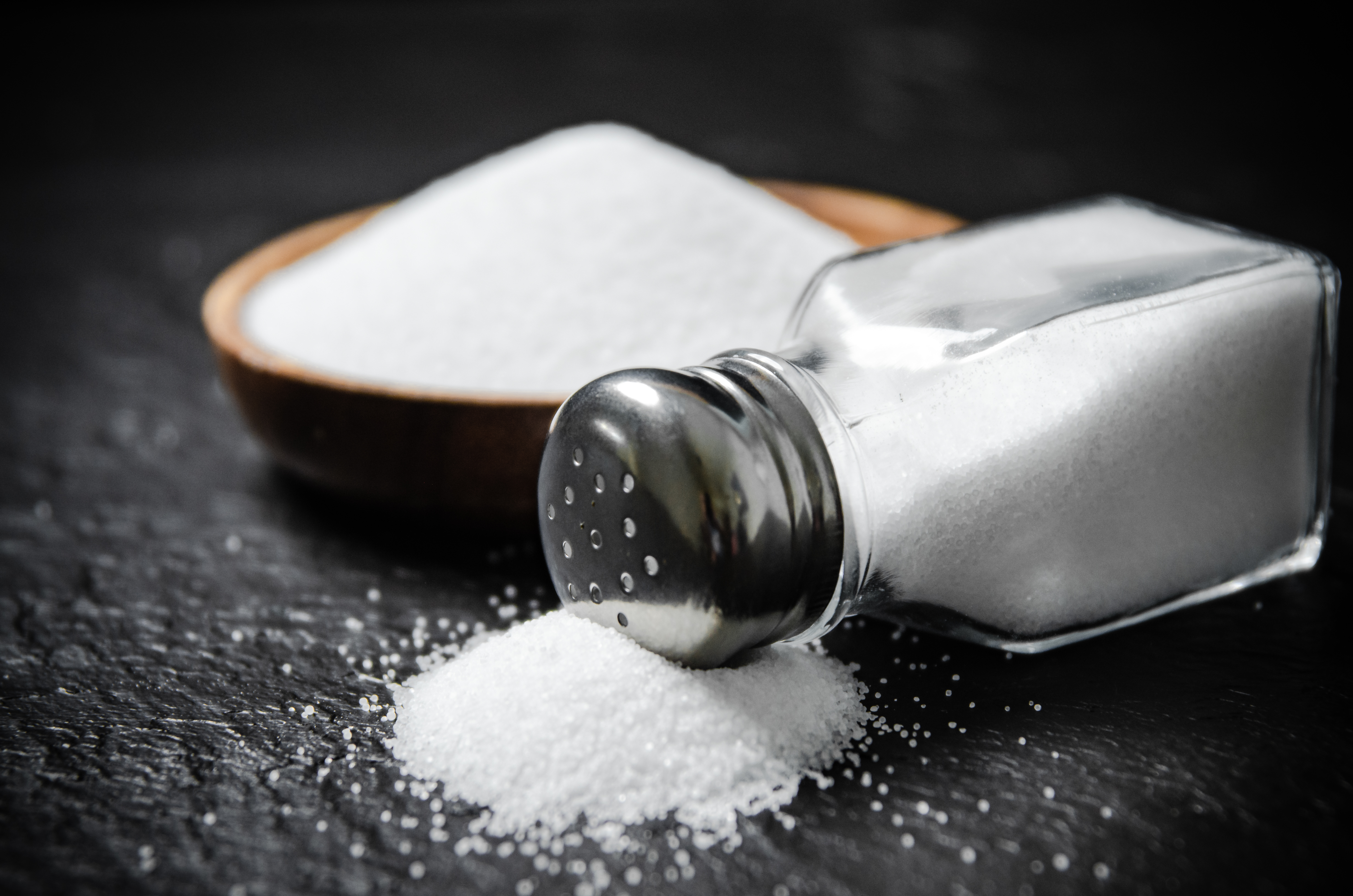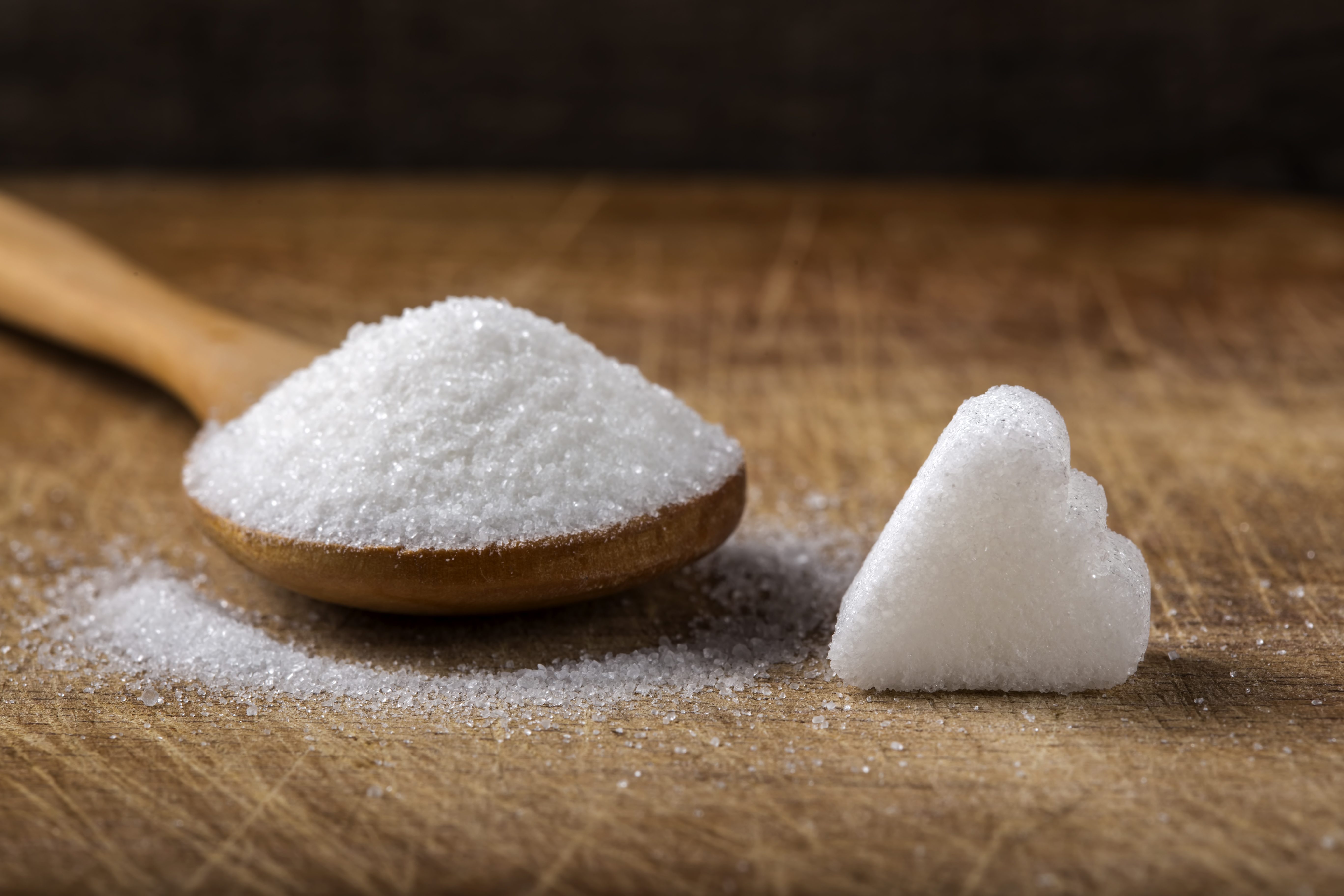12 Everyday Habits That Put Unexpected Strain on Your Kidneys
The kidneys, often underestimated in their importance, play a crucial role in maintaining our body's equilibrium by filtering waste, balancing fluids, and regulating blood pressure. Despite their vital functions, they are frequently overlooked until a problem arises. This article embarks on a journey to uncover thirteen unexpected kidney stressors embedded in our daily habits. While most people are aware of the common culprits like high blood pressure and diabetes, many are oblivious to the subtle, everyday behaviors that might be quietly straining these essential organs. By understanding these hidden stressors, individuals can make informed decisions to protect their kidney health and enhance their overall well-being. As we delve into each section, we will explore how these seemingly innocuous habits can accumulate over time, leading to significant kidney stress and potential damage. This comprehensive analysis aims to shed light on these hidden threats and provide actionable insights to mitigate their impact.
1. Excessive Over-the-Counter Medication Use

Over-the-counter (OTC) medications are a staple in many households, offering quick relief for common ailments like headaches, colds, and minor aches. However, habitual use of non-prescription pain relievers, particularly non-steroidal anti-inflammatory drugs (NSAIDs) such as ibuprofen and naproxen, can have a detrimental impact on kidney health. These medications, when used excessively, can reduce blood flow to the kidneys, impairing their function and potentially leading to chronic kidney disease over time. It's crucial for individuals to be mindful of the dosage and frequency of OTC medication use and to consult healthcare professionals when in doubt. By doing so, one can prevent the inadvertent stress placed on the kidneys and safeguard their long-term health.
2. Dehydration: The Silent Saboteur

Water is essential for life, and its role in maintaining kidney health cannot be overstated. Dehydration, a common issue often overlooked in busy lifestyles, can significantly stress the kidneys. When the body lacks sufficient water, the kidneys must work harder to concentrate urine and maintain the body's fluid balance, which can lead to kidney stones and other complications. Chronic dehydration can also contribute to the development of kidney disease. Staying adequately hydrated is a simple yet effective way to support kidney function. By making a conscious effort to drink enough water throughout the day, individuals can help their kidneys operate efficiently and reduce the risk of long-term damage.
3. High-Sodium Diets: A Salty Dilemma

Sodium, a key component of table salt, is ubiquitous in modern diets, often hidden in processed foods and restaurant meals. While sodium is necessary for various bodily functions, excessive intake can pose a significant risk to kidney health. High sodium levels can lead to increased blood pressure, which in turn puts additional strain on the kidneys. Over time, this can result in kidney damage and exacerbate existing kidney conditions. Reducing sodium intake by cooking at home, reading food labels, and opting for fresh, unprocessed ingredients can significantly alleviate the burden on the kidneys. By making these dietary adjustments, individuals can take proactive steps to protect their kidney health and overall cardiovascular system.
4. Excessive Protein Consumption: A Double-Edged Sword

Protein is an essential nutrient that plays a vital role in building and repairing tissues, but consuming it in excess, particularly from animal sources, can be taxing on the kidneys. High-protein diets increase the production of waste products that the kidneys must filter out, potentially leading to an increased risk of kidney stones and other complications. While protein is crucial for health, it's important to balance intake with the body's needs and consider plant-based sources that are easier on the kidneys. By adopting a balanced diet that includes a variety of protein sources, individuals can support their kidney health while still meeting their nutritional requirements.
5. Sedentary Lifestyle: The Hidden Impact

A sedentary lifestyle, characterized by prolonged periods of inactivity, is a common feature of modern living. While its impact on cardiovascular health is well-documented, its effect on kidney health is less known. Physical inactivity can lead to obesity, hypertension, and diabetes, all of which are risk factors for kidney disease. Engaging in regular physical activity can help maintain a healthy weight, improve blood circulation, and reduce the risk of conditions that strain the kidneys. Incorporating exercise into daily routines, whether through structured workouts or simple activities like walking, can have a profound impact on kidney health and overall well-being.
6. Sleep Deprivation: An Overlooked Threat

Sleep is a critical component of overall health, yet many individuals fail to get the recommended amount each night. Chronic sleep deprivation can lead to a host of health issues, including an increased risk of kidney disease. During sleep, the body undergoes processes that help repair and restore various systems, including the kidneys. Lack of sleep can disrupt these processes, leading to increased stress on the kidneys and potentially contributing to kidney dysfunction. Prioritizing quality sleep by establishing a regular sleep schedule and creating a conducive sleep environment can help mitigate this risk and support kidney health.
7. Excessive Alcohol Consumption: A Toxic Burden

Alcohol, when consumed in moderation, is generally considered safe for most individuals. However, excessive alcohol intake can have a detrimental impact on kidney health. Alcohol acts as a diuretic, increasing urine production and potentially leading to dehydration, which strains the kidneys. Over time, heavy drinking can lead to liver damage, which can further impact kidney function. Reducing alcohol consumption and practicing moderation can significantly reduce the burden on the kidneys and support their long-term health. By making mindful choices about alcohol intake, individuals can protect their kidneys and improve their overall health.
8. Smoking: A Hazardous Habit

Smoking is a well-known risk factor for various health issues, including cardiovascular disease and cancer, but its impact on kidney health is often overlooked. The harmful chemicals in tobacco smoke can damage blood vessels, reducing blood flow to the kidneys and impairing their function. Smoking also increases the risk of high blood pressure and diabetes, both of which are major contributors to kidney disease. Quitting smoking can have immediate and long-term benefits for kidney health, reducing the risk of damage and enhancing the body's overall ability to function optimally. By taking steps to quit smoking, individuals can significantly improve their kidney health and overall quality of life.
9. Frequent Use of Herbal Supplements: A Natural Risk

Herbal supplements are often perceived as a natural and safe alternative to conventional medicine, but they are not without risks. Some herbal supplements contain compounds that can be harmful to the kidneys, especially when taken in large quantities or over extended periods. Additionally, the lack of regulation in the supplement industry means that the quality and potency of these products can vary widely. Before using herbal supplements, individuals should consult healthcare professionals to ensure their safety and compatibility with existing health conditions. By doing so, they can avoid inadvertently stressing their kidneys and protect their overall health.
10. High Sugar Intake: A Sweet Deception

Sugar, a common ingredient in many foods and beverages, is often consumed in excess, leading to various health issues, including obesity and diabetes. Both of these conditions are significant risk factors for kidney disease. High sugar intake can lead to insulin resistance and elevated blood sugar levels, which can damage the kidneys over time. Reducing sugar consumption by choosing natural sweeteners, limiting sugary snacks, and being mindful of hidden sugars in processed foods can help mitigate this risk. By making these dietary changes, individuals can support their kidney health and reduce the risk of developing related health issues.
11. Ignoring Regular Check-Ups: A Preventable Oversight

Regular health check-ups are essential for early detection and prevention of kidney disease. Many individuals, however, neglect routine screenings, missing opportunities to identify potential issues before they become serious. Regular check-ups can help monitor key indicators of kidney health, such as blood pressure, blood sugar levels, and kidney function tests. By staying informed about their health status and addressing any concerns promptly, individuals can take proactive steps to protect their kidneys and prevent the progression of kidney disease. Making regular check-ups a priority is a simple yet effective way to safeguard kidney health and ensure overall well-being.
12. Chronic Stress: The Invisible Strain

Stress is an inevitable part of life, but chronic stress can have far-reaching effects on health, including kidney function. Prolonged stress can lead to elevated blood pressure and increased production of stress hormones, both of which can strain the kidneys. Finding ways to manage stress, such as through mindfulness practices, exercise, or professional support, can help reduce its impact on the kidneys. By addressing stress proactively, individuals can improve their mental and physical health, supporting their kidneys' ability to function effectively and reducing the risk of long-term damage.
Understanding the hidden kidney stressors in daily habits is the first step toward making informed choices that protect kidney health. By recognizing the impact of these behaviors and taking proactive measures to address them, individuals can significantly reduce the risk of kidney disease and enhance their overall well-being. From moderating medication and alcohol use to prioritizing hydration and regular check-ups, each small change contributes to a healthier lifestyle and better kidney function. This comprehensive exploration of unexpected kidney stressors serves as a reminder of the importance of kidney health and empowers individuals to take charge of their well-being. By making conscious, informed decisions, they can safeguard their kidneys and enjoy a healthier, more vibrant life.